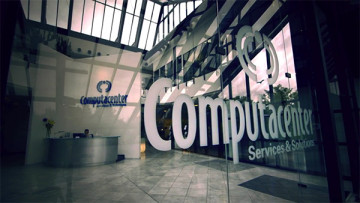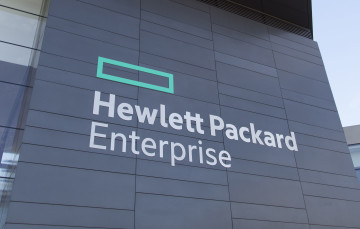Cloudy CloudCoCo has reported revenues of £8.1 million for the 12 months ending 30 September 2021, up £100,000 from the previous year.
CEO Mark Halpin described the 12-months as “significant progress” for CloudCoCo.
“FY21 was a landmark year for the Group and we are now a very different proposition in terms of scale and opportunity, which will be reflected in our FY22 financials. With an exceptional team in place, improving market conditions and having demonstrated our ability to overcome challenges as and when they arise, we remain confident in our ability to continue making good progress towards our growth ambitions”, he said.
 CloudCoCo claims that it will financially benefit from its acquisitions this year, claiming that it will put in place “corrective actions” to stem losses in the former IDE business and push it to turn a profit in the second half of this year.
CloudCoCo claims that it will financially benefit from its acquisitions this year, claiming that it will put in place “corrective actions” to stem losses in the former IDE business and push it to turn a profit in the second half of this year.
The MSP said that it added 35 new customer logos during the year and renewed key multi-year contracts with clients such as Vantage Motor Group, Kings College London and Boohoo [no really. ed]
“With an enlarged Group serving circa 1,000 customers, we now have the ability and impetus to provide a broader range of services to a broader range of customers. We have made an exceptional start to the new financial year – our best ever quarter by sales – and have made excellent progress in integrating the acquisitions, with the actions taken to get Connect from loss-making to anticipated profitability later in FY22 a particularly noteworthy achievement,” added Halpin.
 HP has named Neil MacDonald its new UK&I channel director tasked with “go-to-market” strategy and sales performance of HP’s print, personal systems, services and solutions.
HP has named Neil MacDonald its new UK&I channel director tasked with “go-to-market” strategy and sales performance of HP’s print, personal systems, services and solutions.

















